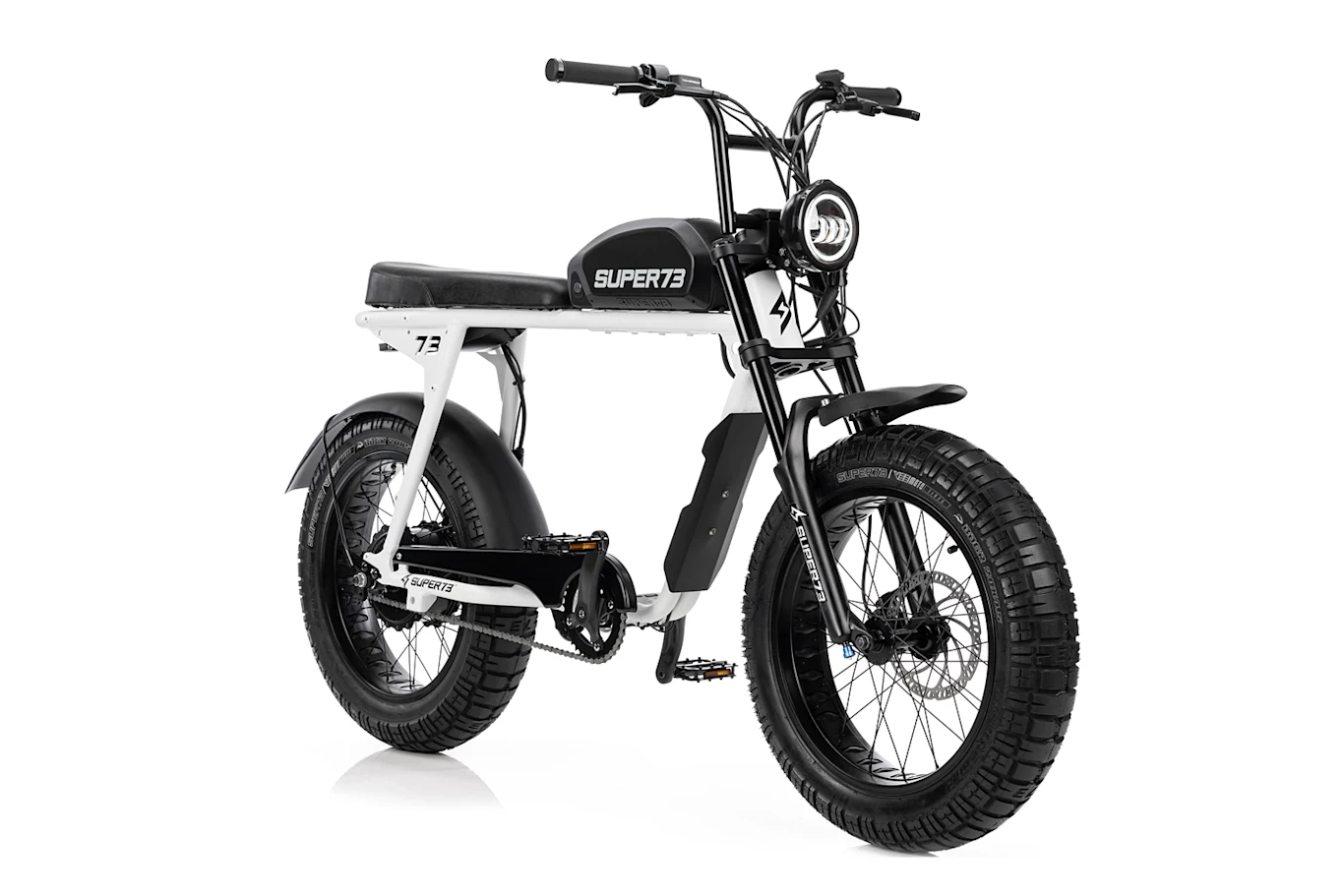JP Enterprises Universal Vise Clamp For Ar Flat Top JPVC Color: Green
The JP Enterprises Universal Vise Clamp For Ar Flat Top has been designed to be the perfect addition to the tool box of any shooting enthusiast. The JP Enterprises AR Flat Top Universal Vise Clamp is made using incredibly durable and long lasting materials that are guaranteed to be efficient and reliable.
The JP Enterprises Universal Vise Clamp For Ar Flat Top has been designed to be the perfect addition to the tool box of any shooting enthusiast. The JP Enterprises AR Flat Top Universal Vise Clamp is made using incredibly durable and long lasting materials that are guaranteed to be efficient and reliable.
Color: Green
Code:J5-G4-JPVC
MPN:JPVC
UPC:812872022673
Additional information
| Color | Green |
|---|








by Tim
These JP vise clamps are a great way to hold an AR’S upper receiver so service & / or modifications can be performed. It should be noted that these JP vise clamps can be used in any vise, or as a third hand, is needed. The jaws are made of aluminum alloy, machined = flat & square, and hard coat anodized to protect the jaws as well as the surface these jaws may come in contact with. The design is outstanding to even include installed magnets to keep the jaws from detaching from your bench vise and falling onto the floor. This JP item is a little pricey but you get what you pay for. It’s this writers opinion that anything JP puts there name on has been properly engineered, machined,and assembled for maximum performance & quality. It appears that JP products are built with quality ( in mind ) and not slapped together while hoping that the item doesn’t fall apart after the consumer uses it once. Please note that this writer is not employed by JP PRODUCTS OR OPTICS PLANET. SHOOT SAFE & MAY GOD BLESS AMERICA, TMP, UNION N.J.
by Sublimis
When you need to install your barrel and want to make sure your upper doesn’t twist, look no further. This clamps it tight. Both small frame and large frame AR platforms. Not cheap plastic. The one I received was red, not black as stated in the listing.
by Philip
This clamp turns your vise into a stationary action wrench. Locks the receive firmly with no marring of finish. Unlike the vise blocks that pin into the takedown pin bosses, this does not require an action bar to prevent damage to the pin bosses. Top flight product as usual from JP Enterprises.